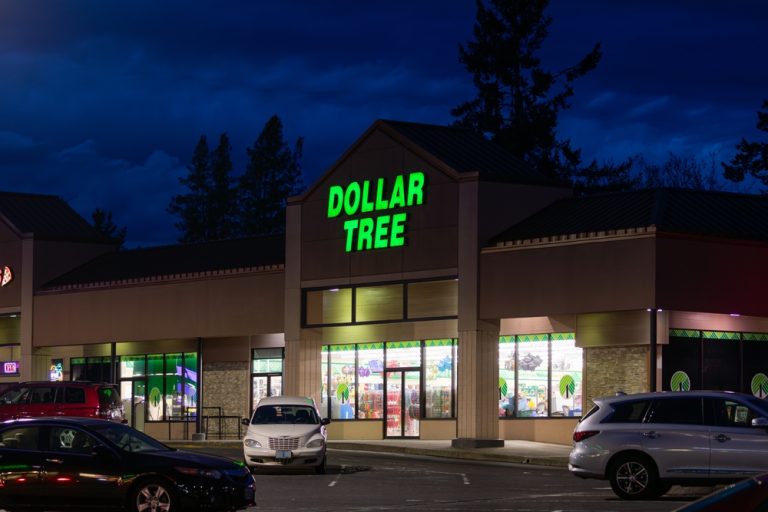Have you ever wondered what would happen if you tapped into Social Security sooner than “expected”? Well, first things first, you will get the benefits sooner, but they will also be permanently reduced. If you are eligible to receive Social Security benefits, you will have the option to decide when to start collecting them.
When it comes to Social Security, early would point to 62 years old, whether it’s at your full or normal retirement age (66 to 67, depending on the year of your birth) or later (up to 70). This article will delve into all the pros and cons of claiming your Social Security benefits earlier than planned or recommended.

An overview
The Social Security Administration is responsible for calculating the monthly benefit based on many different factors, including how much you have paid into the system over the years and when you decide to start collecting all the benefits.
If you claim the benefits at your full or normal retirement age in a way that has been defined by the SSA, you will receive the full benefit. However, you can also start claiming as early as 62 years old, in return for a permanently reduced benefit. See how Social Security benefits are reduced at 62:
- Year of birth: 1943-1954; Full retirement age: 66; Reduction at 62: 25.00%
- Year of birth: 1955; full retirement age: 66 and 2 months; reduction at 62: 25.83%
- Year of birth: 1956; Full retirement age: 66 and 4 months; Reduction at 62: 26.67%
- Year of birth: 1957; full retirement age: 66 and 6 months; reduction at 62: 27.50%
- Year of birth: 1958; full retirement age: 66 and 8 months; reduction at 62: 29.17%
- Year of birth: 1959; full retirement age: 66 and 10 months; reduction at 62: 29.17%
- Year of birth: 1960 and later; full retirement age: 67; reduction at 62: 30.00%
At the same time, if you wait past your full retirement age to collect those benefits, you will get credits for each month you decide to delay, which would add up to 70. These credits slowly increase your monthly payment by two-thirds of 1% for every single month you decide to wait, or even 8% a year.
Which option would suit you? Here are a couple of advantages and disadvantages to consider if you want to decide whether to claim your benefits earlier on.
Advantages of claiming Social Security earlier
There are a number of reasons why you should consider taking Social Security benefits before reaching full retirement age.
You need money now.
Plenty of Americans claim their Social Security benefits early, and they all have one reason in common: they really need money to cover their everyday living expenses. Here’s the thing: during the recession years of 2008–2009, for instance, as many as 36% of eligible men and 39% of eligible women decided to claim the benefits at age 62.
You want them.
You might not need your benefits early to support yourself, and you may even have a couple of other reasons for wanting to take them as soon as you can. Well, some people are deeply concerned that Social Security might not be able to meet all their obligations in the future, so they just get their benefits as soon as possible.
Others think they could do better by collecting benefits and even investing that money rather than just leaving it in the government’s hands.
With that being said, you would have to be a quite skilled (or just lucky) investor to be able to beat the 6% to 8% guaranteed annual return on your Social Security money that you would get if you waited until you reached your full retirement age or even later.
You fear you won’t be around to collect them later.
If you don’t expect to live long enough to profit from delaying those benefits, your wisest course could be to take them sooner rather than later. Even if you were to receive a way bigger benefit by claiming it at 70 years old, you might as well be into your 80s by the time you come out ahead, especially in terms of the total benefits you got. Financial planners refer to this as your breakeven age.

Disadvantages
Naturally, claiming your benefits too soon also comes with a couple of downsides.
Your benefits are reduced for good.
As we have mentioned already, claiming the benefits too soon also means they might be reduced on a permanent basis. For instance, as the list above explained, someone who is born in the 1960s or even later and takes their benefits at 62 years old will get 30% less every month for the rest of their lives, compared to a situation in which they would wait until their full retirement age of 67.
Your cost-of-living adjustments will be smaller.
Besides receiving a smaller monthly benefit compared to the one you would get by waiting, you will get less on a dollar basis from any future Social Security cost-of-living adjustments (COLA). Beneficiaries are also slated to get a 3.2% increase in 2024 (the increase will be 8.7% in 2023).
Those of you who were born between 1943 and 1954 and now receive a full monthly benefit of $2,000, for instance, will get an extra $64 every month. If the same person takes Social Security at 62 years old, their benefit would have been reduced by 25% up to $1,500, and they would get a COLA of only $48 a month in 2024. Moreover, because of the effects of compounding, the main difference between the two benefits will keep widening year after year.
You’ll be penalized if you work.
Before reaching full retirement age, any money you earn from a job will directly affect your Social Security benefits. In 2023, Social Security might deduct $1 from your benefits for each $2 you earn above $21,240 ($22,320 in 2024).
Moreover, if you reach full retirement age in 2023 or 2024, it will also deduct $1 from your benefits for every $3 you earn above $56,520 until your birthday month. Even if you get the money back way later, after reaching full retirement age, you will still have less to spend in the meantime.
Special considerations
But what if you claim benefits too soon and then end up regretting it? In some instances, the Social Security Administration will give you the opportunity to try a do-over. In a process known as withdrawal, you can easily cancel your application for as much as 12 months after you are officially entitled to retirement benefits.
Moreover, you will have to repay any Social Security benefits you get, including any money that was withheld from your benefits to pay.
How do I know if I’m eligible for Social Security?
To be fully eligible for Social Security retirement benefits, you need to be a minimum of 62 years old and have earned a minimum of 40 Social Security credits. Generally, this would mean that you have worked and paid into the system for a minimum of 10 years. The maximum number of credits you could earn in a year is four. Spouses can also be eligible for benefits, depending on their spouse’s work record.
Can I collect Social Security retirement benefits if I still work?
The answer is yes. You can still work and collect Social Security benefits at the same time. But your benefits could be temporarily reduced if you haven’t reached your full retirement age.
Can I get Medicare early if I take SS early?
No, claiming Social Security too soon won’t affect your eligibility for Medicare. The eligibility age for Medicare is 65, no matter when you start collecting Social Security.
If you found this article useful, we also recommend checking out: Best 9 Places to Go Shopping in Tampa, FL














